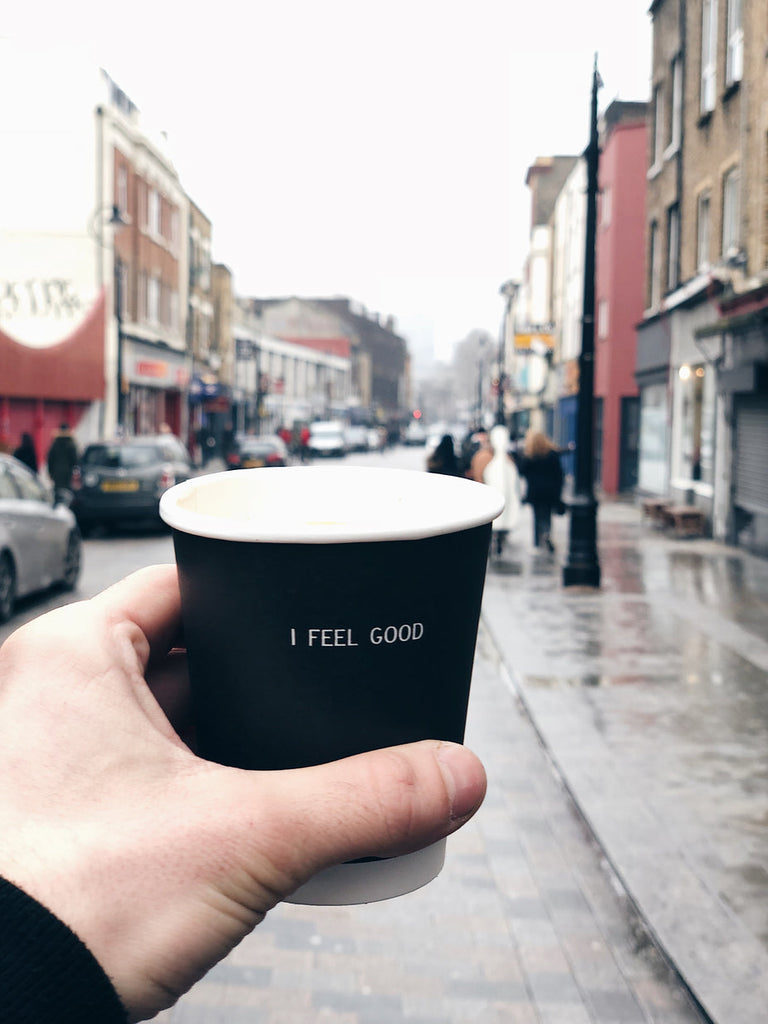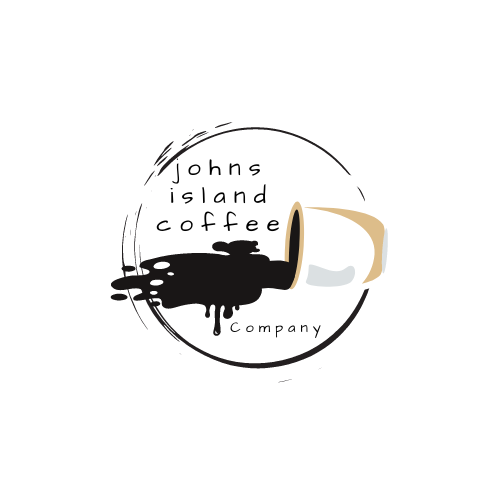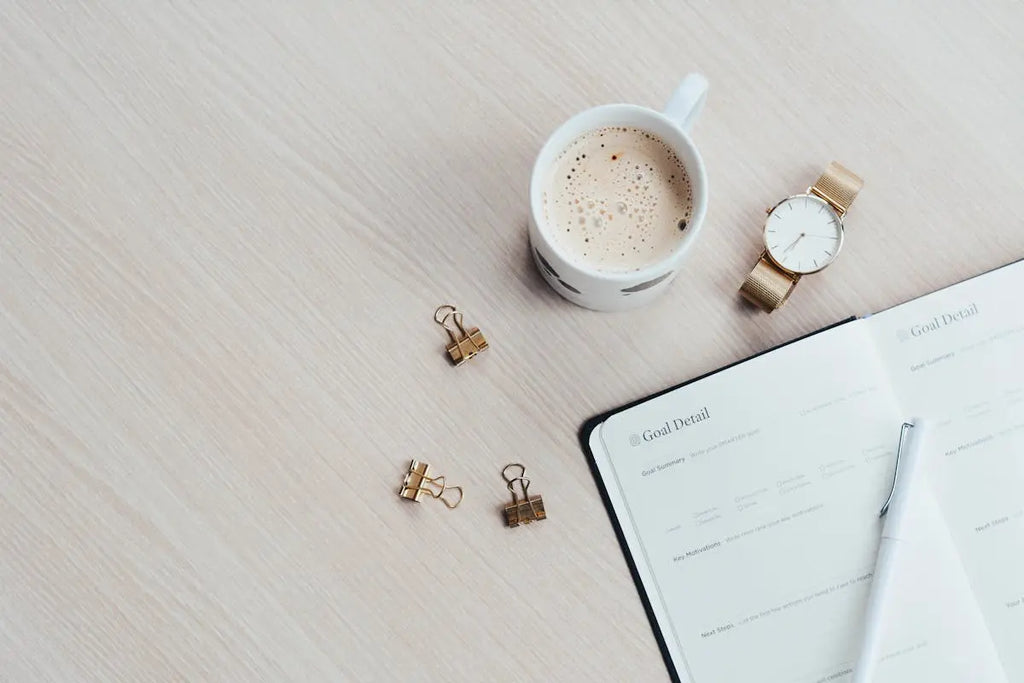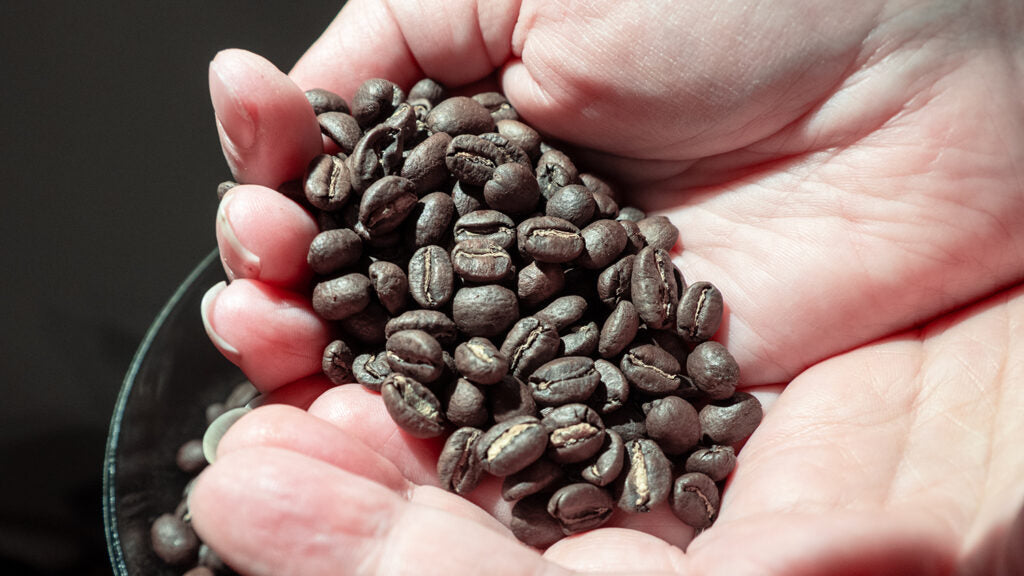
Why does drinking too Much Coffee Cause Caffeine "Jitters”?

It’s an all too familiar experience for those of us who have drank too much coffee: shaky hands, a rapid heart rate, and an underlying sense of anxiety. These side effects are often the result of consuming high levels of caffeine – hence the term caffeine “jitters”.
For many industry professionals (and even consumers), drinking and tasting coffee is part of their daily routines, making it somewhat unavoidable. However, many people also want to regulate their caffeine consumption – especially those who are particularly sensitive to this stimulant.
So how does caffeine cause these physiological reactions? And are there ways to mitigate the effects of consuming too much of it? To find out, I spoke to Dr. Samo Smrke of the Zurich University of Applied Sciences and Dr. Angela Zivkovic of University of California, Davis. Read on for more of their insight into why drinking too much coffee can cause caffeine “jitters”.
WHAT ARE THE EFFECTS OF CAFFEINE ON THE BODY?
Caffeine is a natural stimulant you can find in a number of food products. These include coffee, tea, cocoa, guarana, and yerba maté. Although consumption of caffeine is known to improve several cognitive and physical functions, many people choose to limit their intake for numerous reasons.
According to the US Food and Drug Administration, caffeine can be part of a healthy diet for most people, but consuming too much of it may be harmful to some. This ultimately depends on a wide range of factors, which include:
- Weight
- Pregnancy
- Taking certain medications
- Individual sensitivities or allergies to caffeine
For adults who are considered to be in good health, the FDA states 400mg caffeine per day is a safe amount. This roughly equates to between four and five cups of coffee.
However, the average amount of caffeine in coffee drinks can somewhat vary. For instance, a 2023 study from consumer group Which? found there are “huge differences” in caffeine content in major UK coffee chains’ drinks. This was related to the number of espresso shots in the drink, as well as the amount of robusta.
SO WHAT ARE CAFFEINE “JITTERS”?
If someone is jittery, it generally means they feel nervous and unable to relax. In some cases, drinking too much coffee can result in similar symptoms.
Angela explains the jittery effects of caffeine are the result of methylxanthine – a naturally occurring substance in food. Caffeine is the main methylxanthine of coffee, and it has stimulating effects on our central nervous systems.
Essentially, methylxanthine binds to adenosine receptors. Adenosine is an organic compound found in human cells which helps to dictate our energy levels.
As our levels of adenosine build up throughout the day (meaning we have less energy and feel more tired), more adenosine binds to its receptors. When we drink coffee, methylxanthine also binds to these receptors, and thereby blocks adenosine from doing the same. This is why caffeine can make us feel more alert no matter the time of day.
However, Angela says once our bodies metabolise and remove caffeine, built up adenosine can then bind to the receptors. This causes a sudden onset of tiredness, or “caffeine crash”, which can disrupt the circadian clock and lead to irregular sleep patterns. In the worst cases, this can even cause insomnia.
Author: Melina Devoney
Read the full story, Click Here












